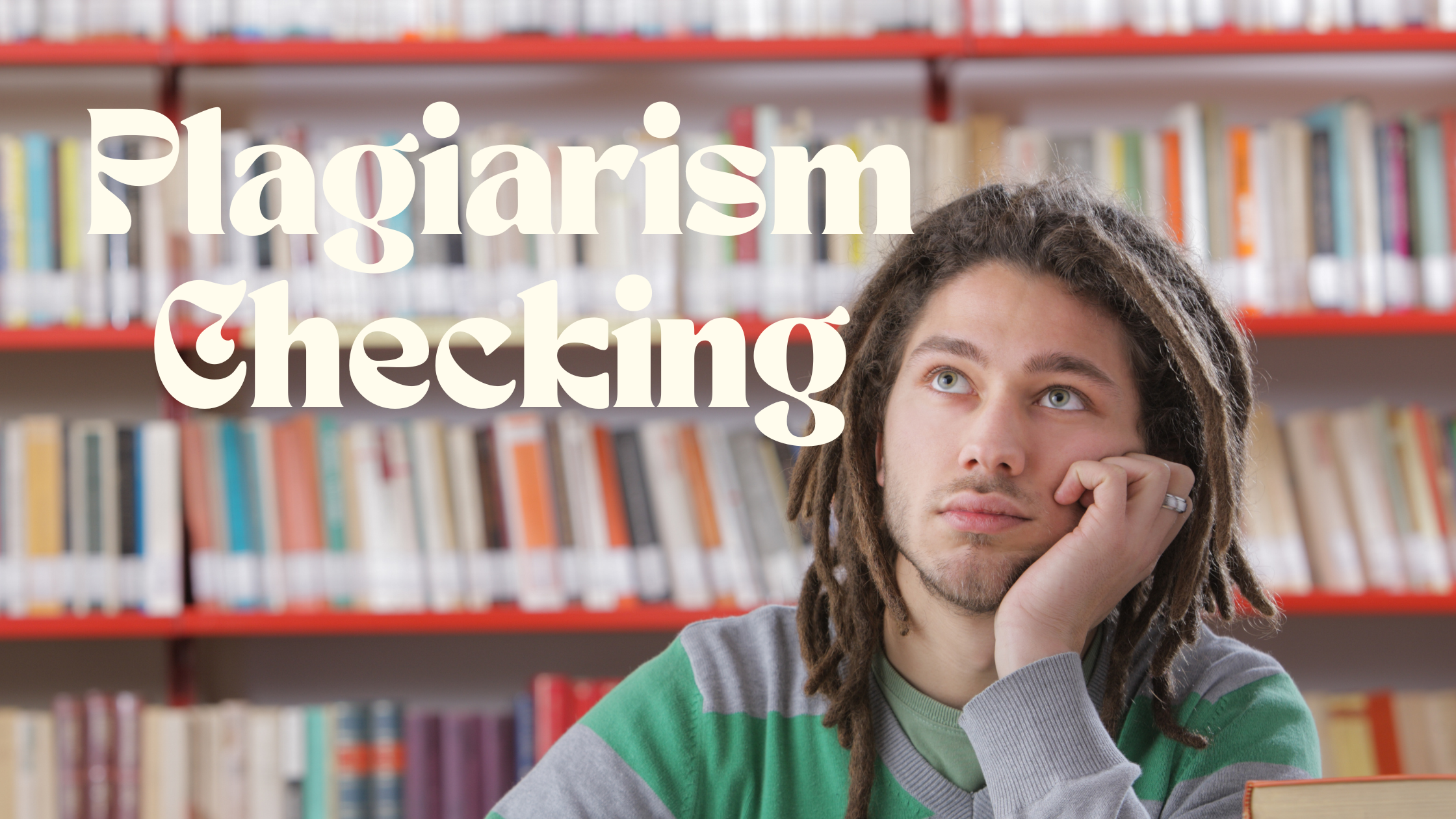

We’ll answer questions like where to find the best plagiarism checker (the answer will shock you!), how plagiarism software works, what your plagiarism check report means, the role of search engines in plagiarism detection, and if you can get a free plagiarism check with no strings attached. We’ll also discuss other issues, like ethics and business.
Ultimately, because you want to produce high-quality work that is plagiarism free, we’ve got ideas to help you avoid plagiarism. But first, let’s discuss some basics about what these tools and services do to check plagiarism.
What exactly is a plagiarism check, and why does it matter?
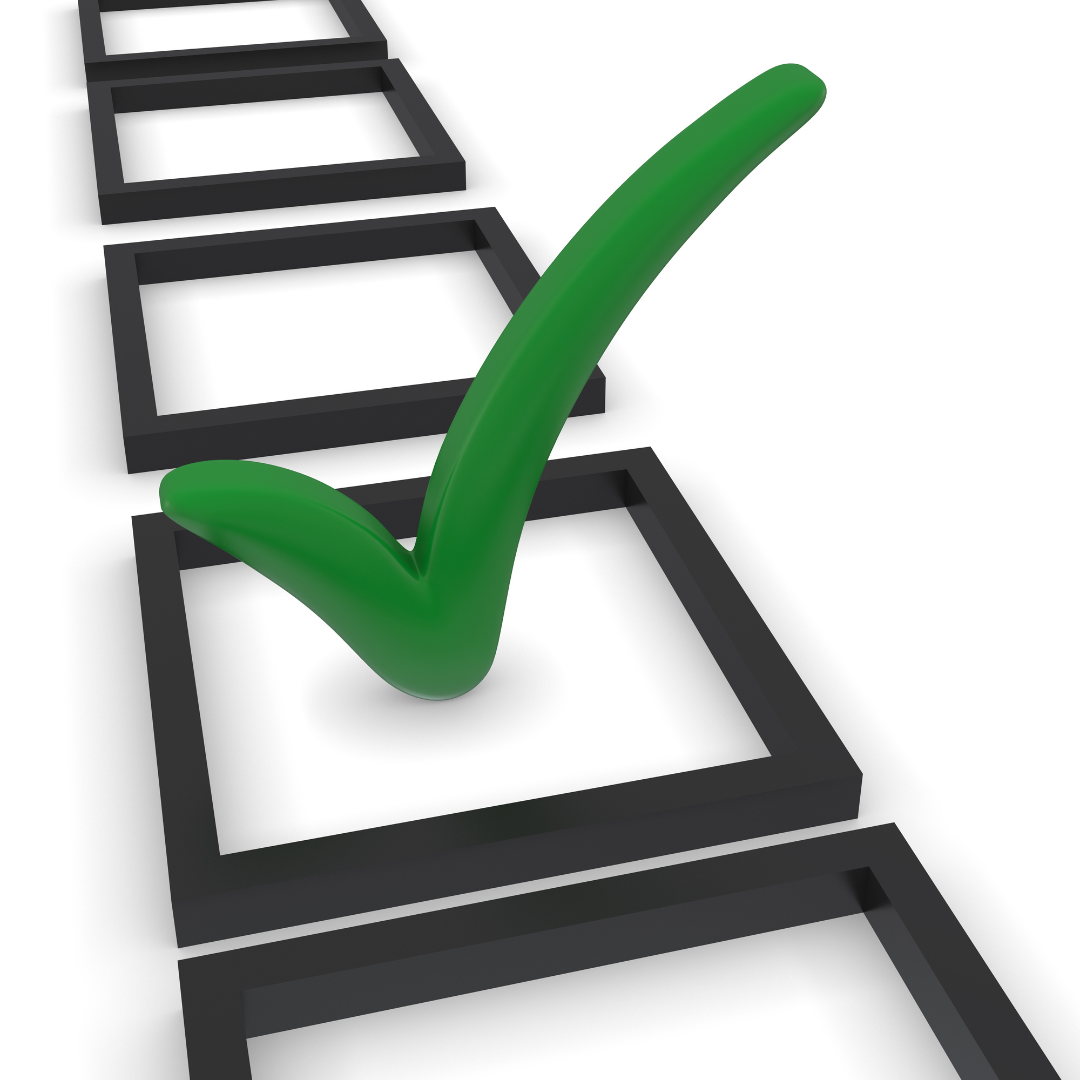
I can’t even count how often panicked, terrified students have come to me because some plagiarism scanner gave their work a high similarity score. Your typical plagiarism detector works by comparing the text of an uploaded file to a database, then calculating the likelihood that similarities to other sources occurred as a coincidence.
How software can check plagiarism
The plagiarism checker works on the assumption that certain phrases would (almost) never recur through sheer coincidence, so if a student uses the same strings of words as anyone else ever, then someone has copied someone else’s work.
It then converts that statistical voodoo into a reductive, yet easy-to-understand numerical score. The most popular programs present this score as a percentage, implying that X% of the words in the text are plagiarized. That score is often used as irrefutable evidence of plagiarism, but on the bright side, it can help writers address unintentional plagiarism as they edit.
Or that’s how it works in theory. Thus, any plagiarism program is just a similarity checker that can help anxious students. Let’s take a look at how you can improve as a writer by using a tool that detects plagiarism.
Why should I use a plagiarism detector for my academic papers?

You often have to use a plagiarism checker before you hand in your work. Most schools mandate the use of a plagiarism detection tool for written assignments. But as you write, you should double-check that your work has no accidental plagiarism.
We’ve all been there, wondering if we really just came up with that brilliant sentence, or if it’s unintentional plagiarism, a passage your lizard brain half-remembers from that lecture you sort of slept through two weeks ago. That’s precisely the situation that a plagiarism tool promises to fix.
Plagiarism tools may mistreat your data and your writing.
Because many academic plagiarism checkers automatically add papers to their databases (and thus, to their assets), it can be a good idea to use a plagiarism checker before you hand in your work. You should not use the one your professor will use.
Why? You want to avoid the frustrating situation of your work being flagged as self plagiarism because it matches the work you submitted earlier. That’s why many websites now offer a plagiarism checker free to help people in this situation.
How can you find a good tool to check for plagiarism?
Navigating the world of plagiarism detection is like a minefield made up of billions of web pages. There’s no simple way to do something important, which is to check plagiarism. Free.
It can be frustrating to research which tools are really free, which ones specialize in essays or research papers, and which ones are any good at detecting plagiarism.
It can also seem confusing that there are so many tools. Why is it so complicated, and what’s the harm in using anti-plagiarism software for academic writing? Keep reading.
Can a plagiarism checker help you avoid unintentional plagiarism?
Academic integrity is a high-stakes situation. Even if you do nothing wrong, merely being accused of handing in plagiarized content can destroy your school career. The plagiarism checker concept seems to solve the unintentional plagiarism problem.
That’s because theoretically, it can detect plagiarism and help you avoid handing in duplicate content by catching those minor errors that can get you accused of plagiarism.
Avoiding unintentional plagiarism or experiencing unintended consequences?
Unfortunately, a simple attempt to check for plagiarism before handing in a high-stakes academic work that you’re proud of can backfire. This is because schools have weaponized these tools. Educators often use them without really understanding their own role in shaping similarity checker results.
Schools weaponize the plagiarism detector
I’ve been in and adjacent to academia for over two decades, so I can assure you that little things like logic and common sense have never gotten in the way of academic bureaucracy. So don’t think that professors will always understand the shortcomings of a plagiarism checker. They can be unforgiving, even if accidental plagiarism occurs.
Professors and schools can be rigid and arbitrary in their interpretation of the plagiarism report.
I’ve seen teachers and professors penalize students for absurdly minor things, like forgetting end quotes after quoting passages. I’ve seen sanctions imposed on students who mixed up silly, pointless APA formatting, like by not italicizing the volume number of an article in the bibliography. I’ve seen the big-name plagiarism detectors flag papers as plagiarized content because bibliographic entries are flagged as plagiarism.
Thankfully, most professors disregard those types of scanner results, but sometimes these mix-ups are only dismissed after lots of red tape and unnecessary stress.

I’ve seen schools declare that any plagiarism score over a certain threshold must be considered academic dishonesty with no exceptions.
Many professors misunderstand how assignment design impacts the plagiarism report.
I’ve seen professors assign papers that require so many quotes in so few pages that most of the content wouldn’t pass plagiarism tests because there were so many mandated sources.
Scanners also tend to flag content that usually cannot be paraphrased, but that is seldom presented as a quote. This includes those annoying names of laws with obnoxious acronyms, or organizations with long names.
Scanners also perform badly with in-text lists of authors. They tend to flag phrases like “In the 2019 study by Smith, Jones, and Buford …”.
Superficially, a free plagiarism checker seems like a great idea. The idea is that a plagiarism checker will check for plagiarism by comparing your work to billions of web pages, books, articles, and research papers. This “dress rehearsal” can resolve issues before your final submission.
But plagiarism detection is more complicated than it seems.
Hidden Costs: Is a free plagiarism checker worth it?
This might sound like a strange question to ask considering we’re talking about a free tool, but hear me out: Free plagiarism checkers can have hidden costs. Nothing in life is absolutely free, and the costs of a bad plagiarism checker for students can be extremely high.
Your time matters.

Even if we’re talking about five minutes uploading a file and skimming a report, that’s still five minutes you won’t get back. A slow site or one that lacks a user friendly interface is stealing your time, and you should take that seriously.
You might forgive a site with a crummy UI if it’s useful, but if the plagiarism check isn’t even accurate, you’ll probably be more than a bit annoyed. But just having your time wasted while staring at an ugly site is peanuts compared to some stuff I’ve seen.
The surprisingly dirty world of tools that check plagiarism
There is more than one online plagiarism checker online that does dastardly things with users’ intellectual property (IP). I’ve heard of sites hoarding uploaded files, then using them to develop (and profit from) their own algorithms. Although the big companies now pinky-swear that uploaded content remains the property of the author, there have been times when that was unclear.
Even though few students care about whether they retain IP rights to their work, it’s the principle of the thing…then there’s the fact that every file uploaded lines big tech’s pockets.
It’s just not right to require students to use a plagiarism detector if their hard work will be used to create more black box algorithms and further enrich the wealthy.

What checking plagiarism has to do with big tech
Again, some of the big players are notorious for the vague terms surrounding how they use and profit from student writing. Yet these early movers aren’t the only games in town anymore.
I’ve seen sites promising to help students avoid plagiarized content by using their free online plagiarism checker. You might think somebody wanted to build an anti-plagiarism tool, maybe to improve their own tech skills. But I haven’t heard of anybody building a plagiarism checker, free, out of pure benevolence.
As the saying goes, if a product is absolutely free, then you are the product.
Free users are not really free. It’s not about plagiarism test results: Websites offering a completely free plagiarism checker online see something valuable in you.
Sadly, that valuable thing in you that these sites offering to check plagiarism can see isn’t your intrinsic individuality. It’s the potential to profit. Sometimes, sites posing as tools to avoid potential plagiarism don’t have accurate results, in which case the free plagiarism report is useless.
Even worse, there are sites that go so far as to resell their users’ essays – with no regard for IP or copyright infringement. That is a big academic integrity risk, and you can’t afford to take it.
I’ve even heard rumors of sites that then turned around and tried to blackmail students who simply tried to use a free plagiarism detector. I want to believe that those were just exaggerated anecdotes, but sadly, these days you can never be too careful.
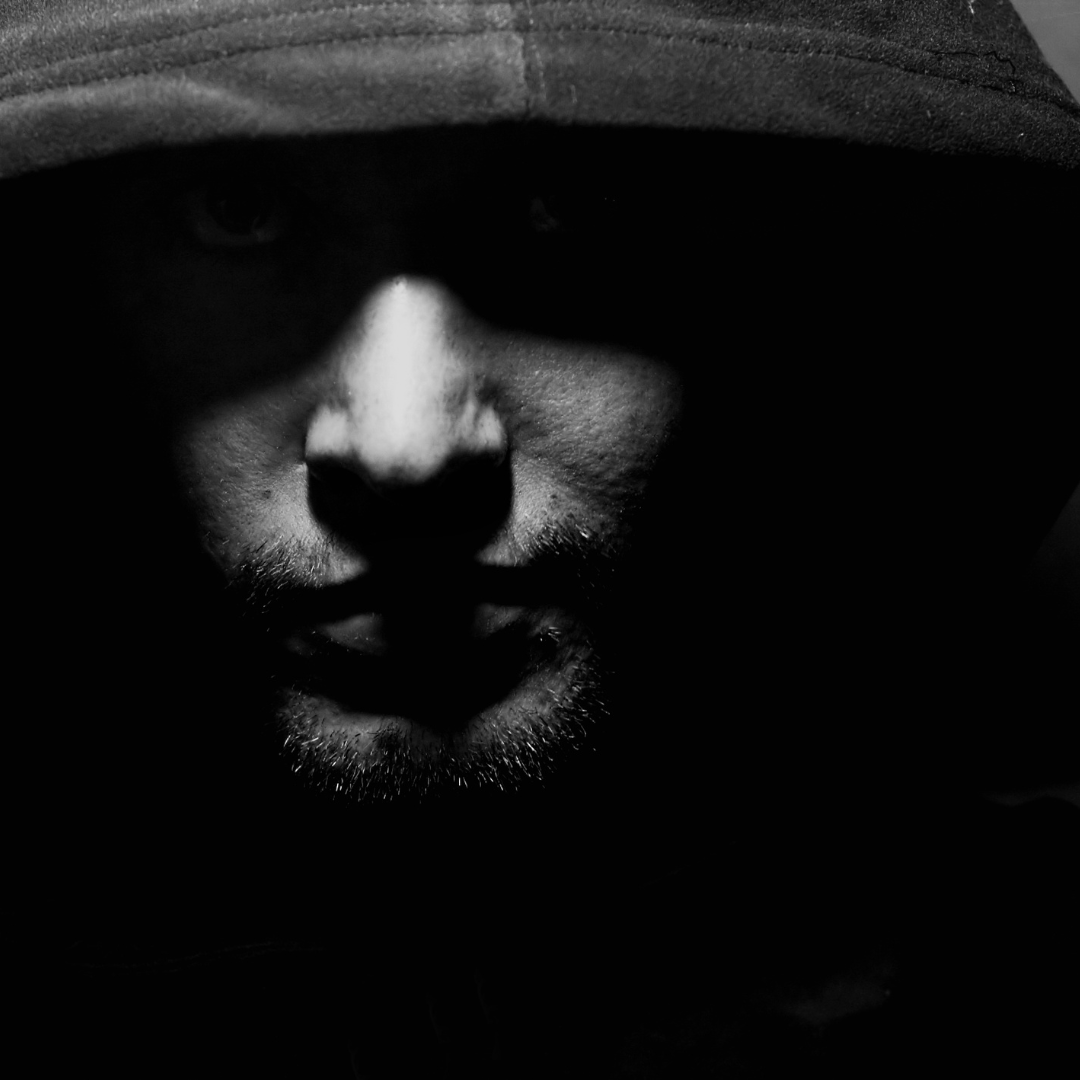
Not all online plagiarism checkers are created equal.
Most online plagiarism checkers aren’t even intended for academic writing. Most of them are aimed at search engine optimization, that dreary and ham-handed writing for machines that dominates 90% of the web (including this blog, to be honest). That limits the types of sources that your typical free version of an online plagiarism scanner can check.
They can seldom check obscure journal articles, for example, and if they scan books, they are usually limited to Google Books. So they can’t check and see whether you’re having trouble paraphrasing academic jargon. Knowing this, a plagiarism tool would be more useful than ever, but sadly, the world doesn’t work that way.

Can a free plagiarism checker provide accurate plagiarism scan results?
Even if a site is not specifically a bad actor, it may misrepresent your results to get you to pay up. If you try one of these tools to check plagiarism, often it will first give a dire warning, suggesting that your work has an alarmingly high percentage of duplicate content.
A lot of these tools give you the hard sell.
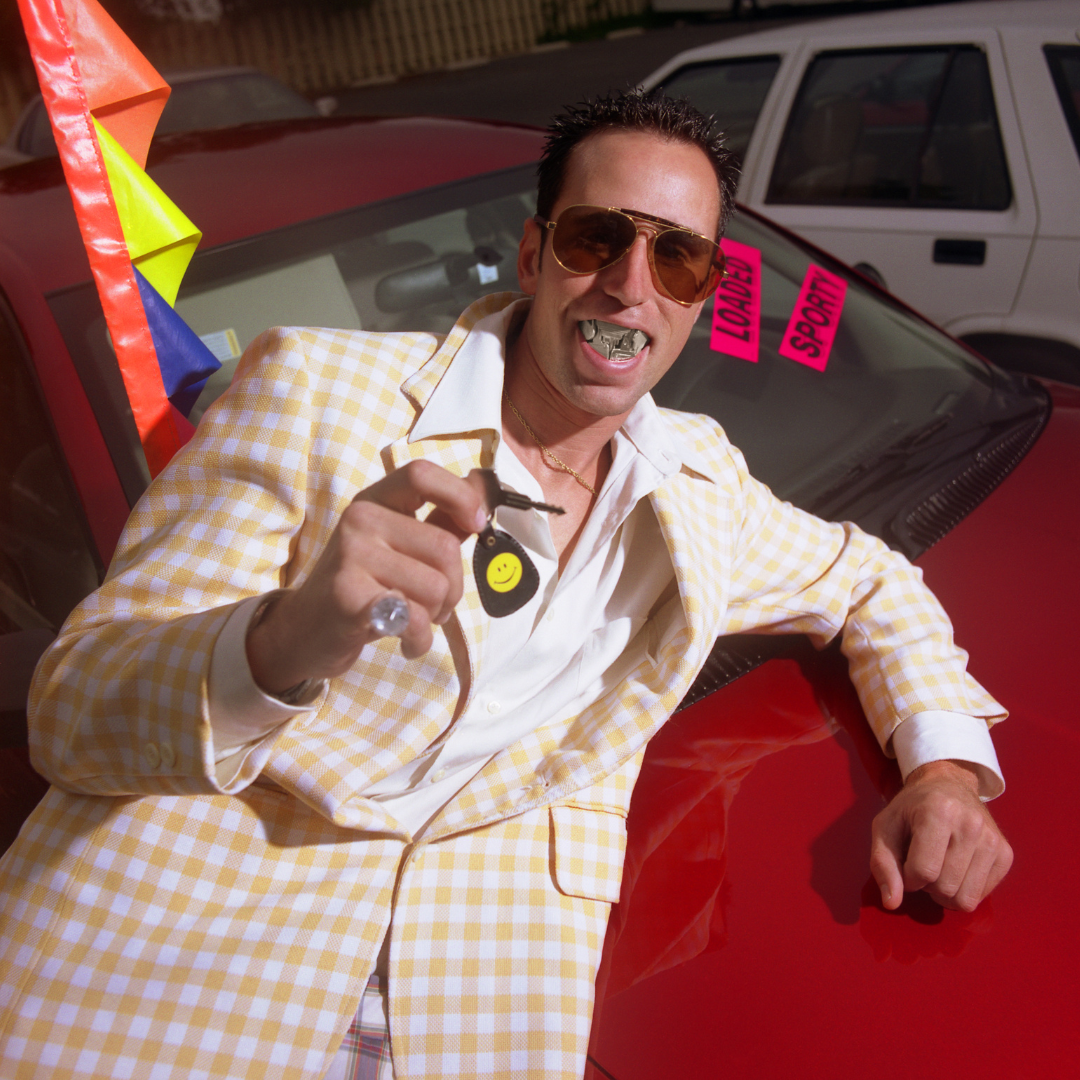
But of course, you have to fork over your personal info and some form of payment to see exactly what it has flagged as duplicate content. Then you might find that it did not even detect plagiarism. It just flagged your entire bibliography, or decided you plagiarized the phrase “The Constitution of the United States of America.” In other words, they are less accurate than the paid versions used by schools. You get what you pay for when you use a plagiarism detector online.
With all these concerns, what should someone who needs to check plagiarism do? It might make sense to ask for a specific recommendation for a tool that provides accurate plagiarism results.
Where can you find the best free plagiarism checker online?
I’ll be honest. I have yet to see a way to check plagiarism online for free that impresses me. This is not because I’m a curmudgeon or a Luddite (and I am a curmudgeon), but because in addition to the issues that I have outlined above, checking plagiarism is more complicated and nuanced than just generating a numerical score.
And it has been reduced to a simple and simplistic score, but the hard truth nobody wants to admit is that real writing can’t be distilled into a soulless number, nor can ideas and their recurrence.
Plagiarism exists on a spectrum that requires case-by-case analysis.
Copy-and-paste Wikipedia plagiarism is dumb and obvious, but the numerous gray areas in other circumstances beg for a better solution than a number.
The score from a plagiarism checker is just one data point.
We all know that plagiarism checkers can be circumvented. The arms race between ah, “creative” students and big tech in its unholy and profit-based alliance with education has consisted of several battles that are almost humorous. These aren’t literal battles; violence is bad, but the “arms race” of software vs. students determined to work less follows a cyclical pattern.
The plagiarism wars: How students have fought the online plagiarism checker
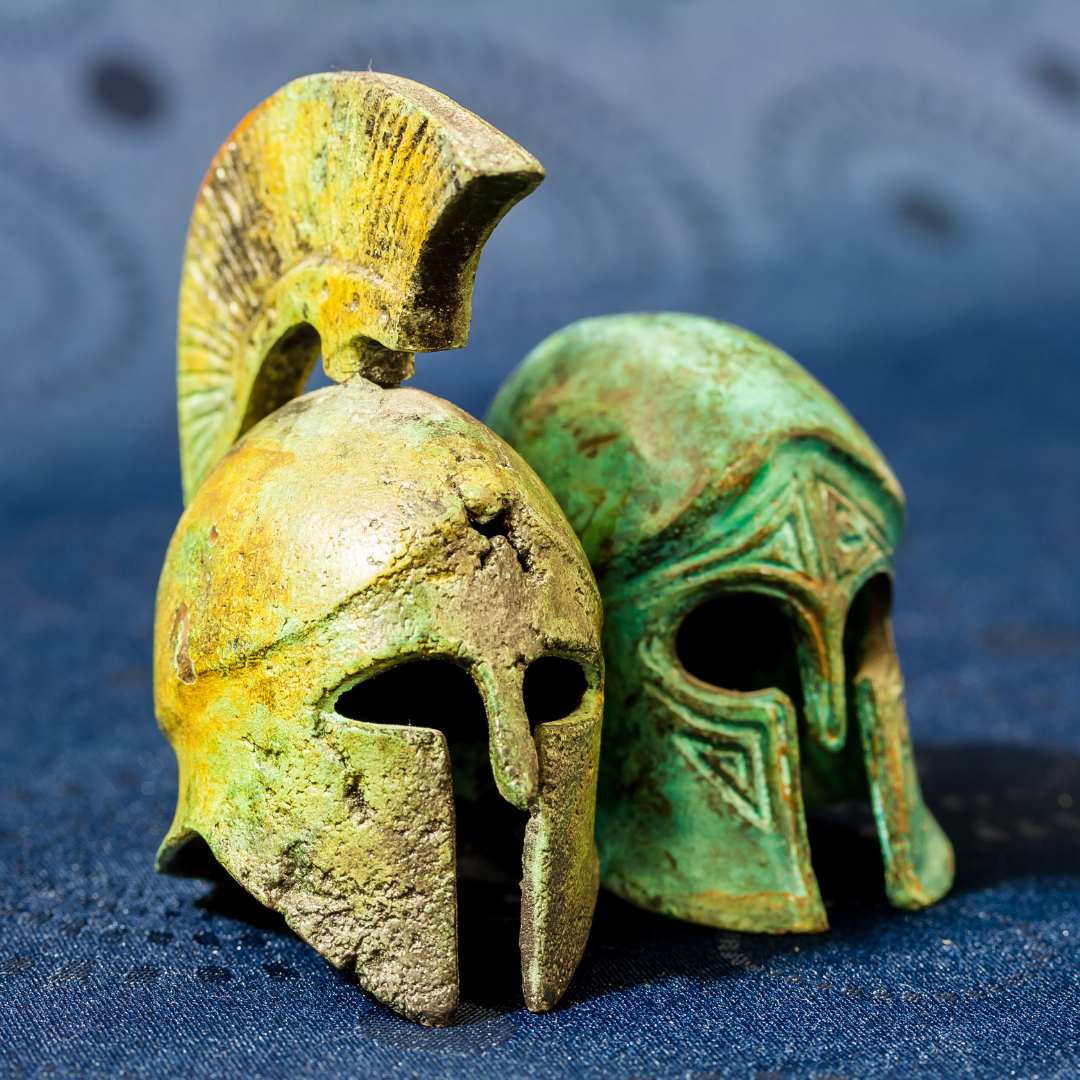
The Battle of Formatting Wizardry
For a while, students gamed the plagiarism test by doing things like inserting white-colored letters between words, adding random text in unreadable fonts between paragraphs, or other formatting wizardry that was quickly obvious to teachers.
The Thesaurus Offensive
When educators caught on, some folks moved to a strategy of running text through Google Translate a few times. This was a pretty stupid tactic, as it was blatantly obvious to all but the most burnt-out, apathetic professors.
Text Spinner Tactics
In recent years, text spinners have become popular. These tools mangle language by automating the thesaurus’s search for a synonym and turning it up to about an 11, on a Spinal Tap scale.

By avoiding the language strings most detectors use as evidence, the text passes the scan, even though the ideas are hardly original. The end result is word salad that many professors flag on their own. Yet it is much harder for a simple duplicate checker looking for similar strings to flag it as plagiarism.
Robot détente?
It currently seems like AI will be the final battle. Many professors worry that AI will lead to the downfall of human civilization, or at least, their already tenuous economic existence. Although it is more than likely that AI-generated writing will be detectable by checking plagiarism in the coming months, right now it does not come up in a plagiarism search.

When you check for plagiarism, you’re just checking for a numerical score. But what if ideas are more complicated than that?
These algorithms are easily gamed and generate loads of false positives. Then there’s a philosophical argument. Someday, after millions of students have generated quadrillions of words in order to check the boxes for busywork assignments, there just won’t be any more ways to talk about symbolism in To Kill a Mockingbird or tell someone their discussion board post “really made you think.” Then what?

Why play “plagiarism checker” when you can play four-dimensional writing chess?
There really is no best free plagiarism checker, because these tools are problematic, flawed, and loaded with biases. There are bad actors out there that will promise you an online plagiarism checker – free! But…
you might end up paying in unexpected ways.
It might be meaningless or incomplete results, or it might be prematurely adding your paper to the billions of sources your professor will use with your school’s plagiarism detector and thus putting you at risk of plagiarism accusations. It might be profiting off your hard work, or even horrible criminal acts like extortion… But if you find a plagiarism checker online, especially a free one, it might be more trouble than it’s wroth.
The best defense is a good offense, and in this case, the best offense is using the absolute best tools there are to stay plagiarism free.
One of the best tools is a tutoring or custom writing service.
You might be surprised by how much you can learn by working with an actual human being (not AI or plagiarism software) who can provide writing enhancements along with the peace of mind that comes from knowing that your work will pass any plagiarism detector.
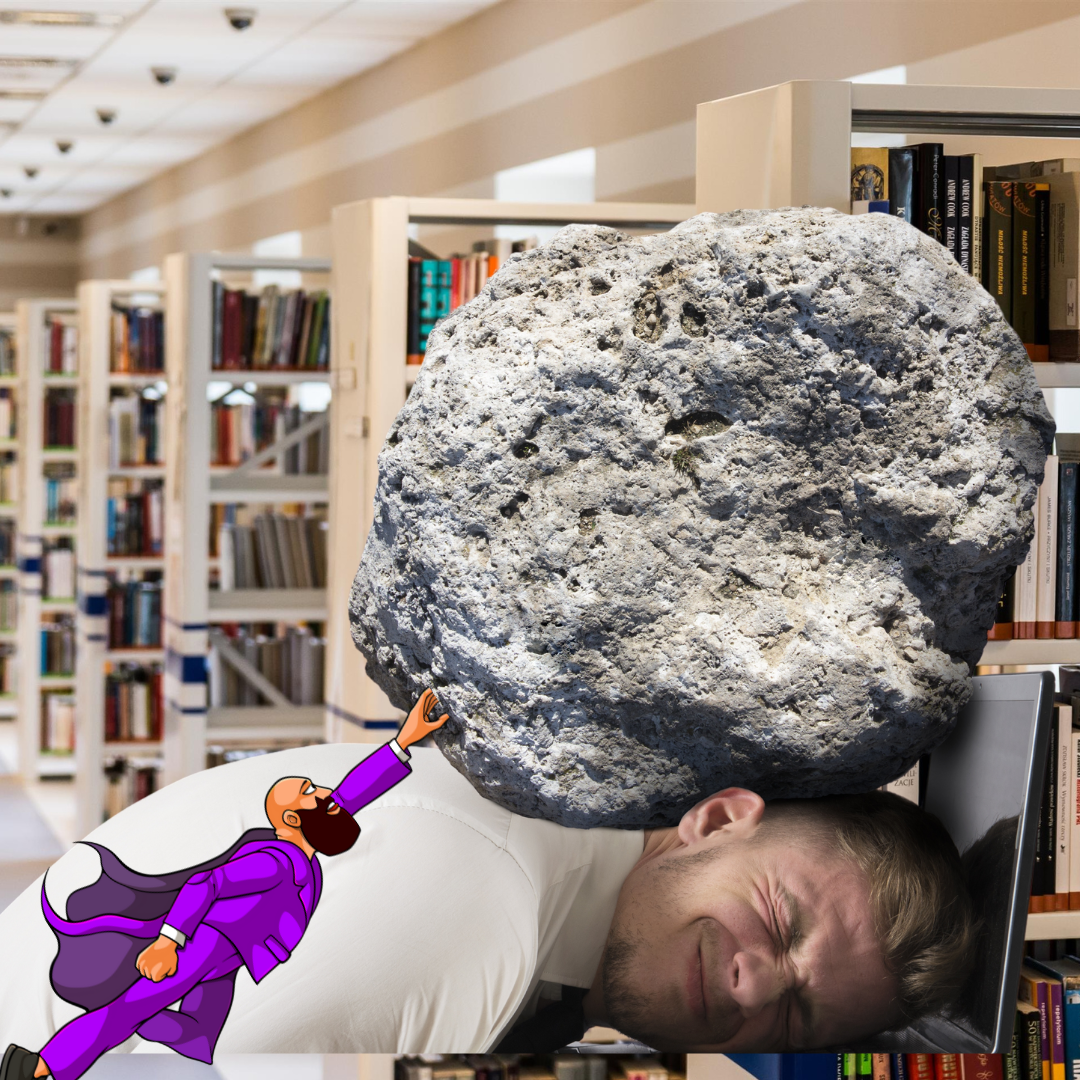
Your work will pass the plagiarism scan because it’s completely original, polished, and free of grammar errors. Instead of rolling the dice with an online plagiarism checker, invest in your success by working with someone who cares about that success just as much as you do.
Check out Unemployed Professors today, and see what we can do for you.
